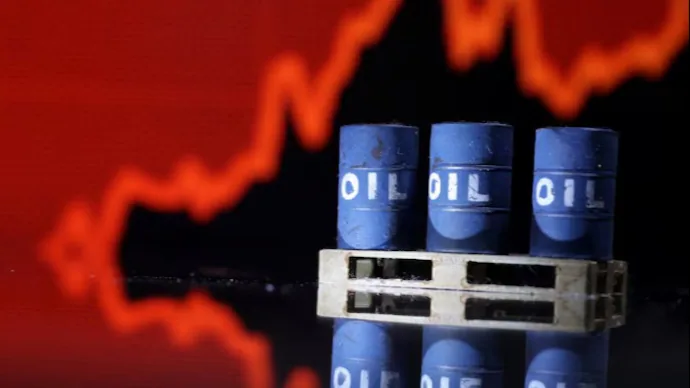Oil prices have fallen despite the increasing tensions in the Middle East following Iran’s unprecedented attack on Israel over the weekend.
The energy and petroleum Regulation Authority (EPRA) has reduced the price of fuel by up to sh18, on the new prices that will be implemented this month.
In a statement on Sunday, April 14, 2024, the authority said that the price of petrol has reduced by sh5.31 per liter, diesel by sh18per liter.
As a result of these changes, the price of one liter of petrol in Nairobi will be sh193.84, diesel sh180.38, while kerosene will be sold at sh170.06 per liter.
In Mombasa, one liter of petrol will be sold for sh190.66, diesel for sh177.21, while kerosene will be sold for 166.99.
In Nakuru, residents will buy a liter of petrol for sh192.90, diesel for sh179.82, while kerosene is sold for sh169.56. The new prices will be implemented from today at six o’clock until May 14, 2024
Kenyans who spoke with the media expressed their satisfaction with the new prices, citing them as a sign that the cost of living is beginning to decrease.
While this is happening in Kenya, the Iran attack on Israel was expected to send global crude oil prices higher as war premium gets built, but this seemed to be different from other countries like India whereby despite the ongoing war their retail fuel prices will not be affected.
Brend, the international crude benchmark, has sprinted to $90 per barrel from $80 in just about a month on escalating tensions between Iran and Israel.
“A war premium may quickly show up in oil prices in the paper market. Heightened tension in oil supply zone or main oil transit zones may also cause increases in crude oil transport and insurance costs,” said Mukesh Surana, CEO of oil industry parlance.
